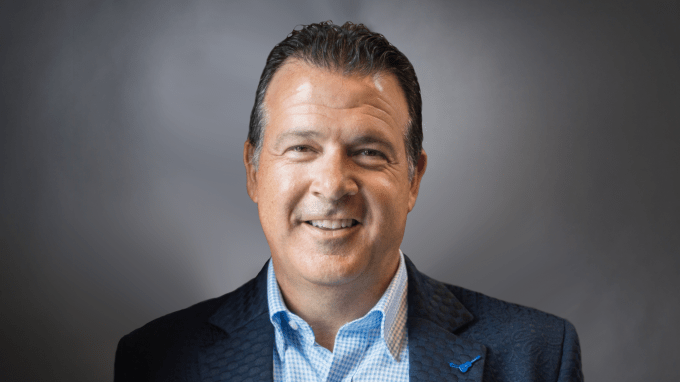FinancialForce, a cloud ERP solution built on the Salesforce platform, announced today that Tod Nielsen, an experienced executive from a Who’s Who of tech companies, will become the company’s new CEO.
Nielsen replaces Jeremy Roche, who founded the company and has run it since its inception in 2009. Roche will remain on the board of directors, and have a yet-to-be-defined role in Europe where he is based. Nielsen takes over a company that has raised over $193 million, including its most recent round, $110 million in March, 2015.
While Roche was widely liked and the transition should be smooth, investors may have been looking for a change, according to analyst Michael Krigsman, who also hosts the executive interview show CXOTalk.
“FinancialForce faces a crowded market that has reached an inflection point where mass enterprise migrations to the cloud are likely in the next 1-2 years. FinancialForce has raised almost $200M and investors may have decided it was time for a change,” he said.
But Brent Leary, who is co-founder and partner at CRM Essentials, says there might have been a personal element to the decision. He suggested that Roche, who is from the UK, might have grown tired of being away from home for large stretches of time.
“Jeremy got them to $100 million, and he spent a lot of time away from home to do it. And in order for them to get to the unicorn level he [would have] had to spend even more time away from home,” Leary said. He added, that Roche is most passionate about early stage startups and now that he has gotten FinancialForce to this level, he could be ready to return to those roots.
Enter Nielsen
Nielsen has an impressive resume, having served as Executive Vice President of Platform at Salesforce, CEO at Heroku, COO at VMware, CEO at Borland, Senior Vice President of Marketing and Global Sales Support for Oracle, Chief Marketing Officer for BEA Systems and Vice President of Microsoft’s Platform group.
While he lacks specific experience in ERP, his varied background certainly has prepared him for the role, says Krigsman. “Tod is not an ERP guy, so he will face a learning curve. At the same time, he is a veteran of the enterprise and understands that market,” he explained.
Last June, Nielsen left Salesforce (which had purchased his company, Heroku in 2010 for $212 million). He began looking for a new challenge — but he had a particular set of criteria for his search.

New FinancialForce CEO Tod Nielsen. Photo: FinancialForce
For starters, unlike his predecessor Roche, he wasn’t interested in an early stage startup. He wanted to jump to a more mature organization, and he had a specific revenue target in mind. “I knew I had another run in me. I was very particular. I’m not a startup person. I didn’t want to join three guys and a dog. The filter was [a minimum] of $50 million in revenue,” he told TechCrunch.
The last point actually eliminated a fair number of companies in the Bay area — until he was approached by FinancialForce. He had known Roche for some time, shared a similar management philosophy with him and liked the fact that the company was approaching $100 million in revenue in a market where there was plenty of room for growth. In fact, he mentioned getting the company to $1 billion in revenue at some point.
Getting the company to the next level
While he recognizes the intense industry competition from the likes of SAP, Oracle (which bought cloud ERP rival NetSuite last year), Microsoft, Workday and others, he believes the market for cloud apps is really just coming into its own. “I think the market opportunity is a great tail wind to help us. Specifically, the world is at an inflection point where we see the next wave of back office apps move to the cloud,” he said.
FinancialForce is built on top of the Salesforce platform, and although that can help drive sales with Salesforce customers, he points out that Salesforce is not a prerequisite for using his company’s product. It’s one of the things he wants to stress to potential customers moving forward, that the underlying platform doesn’t really matter so long as the software does the job.
Getting to a billion in revenue is a lofty goal, and he’s not ready to say if he’ll build or buy his way there, but he acknowledges he lacks the financial resources of companies like Salesforce or Oracle, and he needs to consider that as he guides the company.
“I focus on what the customer needs and the opportunity and where we can get success. If we have to buy to accelerate time to value we would explore that,” he says — sounding very much like a seasoned executive who’s ready to hit the ground running.
